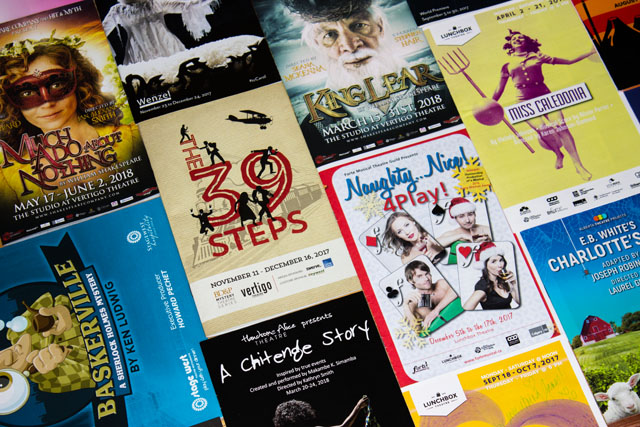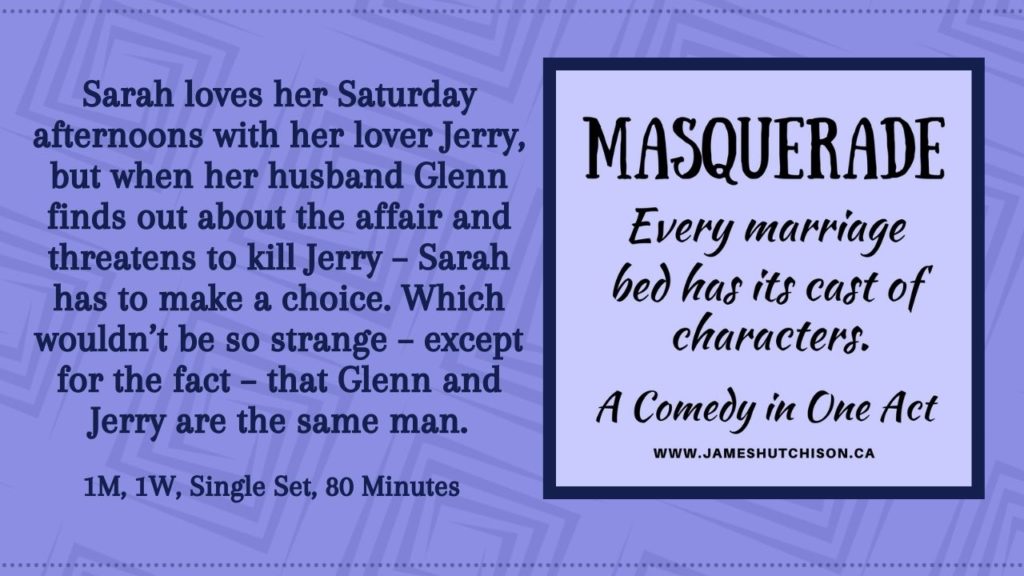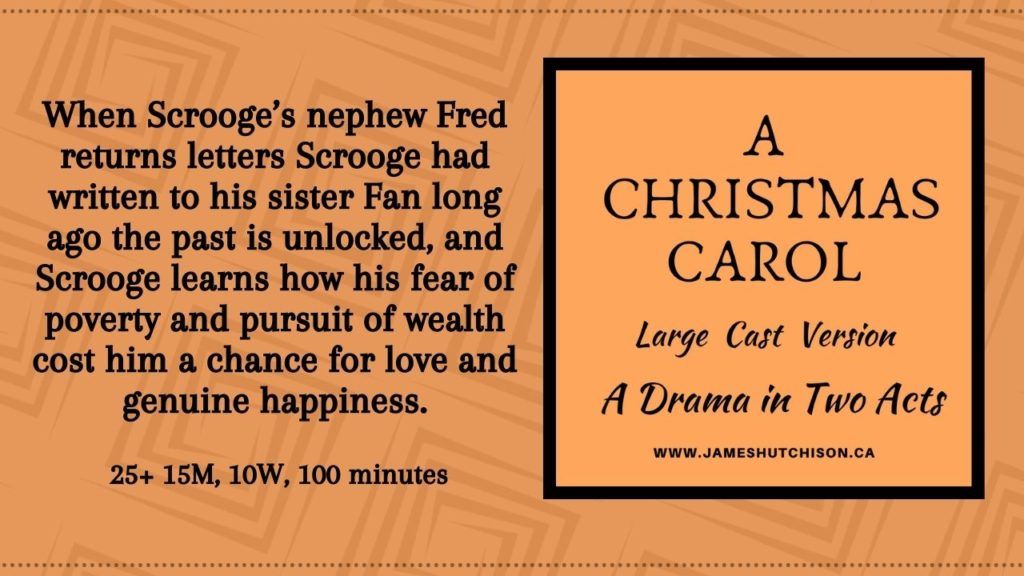
When we read a book, watch a movie, go out for a meal we judge it. We either like it or we don’t. We all have opinions and we generally share those opinions with our friends and family. Word of mouth is still the best way to spread the news. Why? Because usually word of mouth means people are talking with people they know. They have a relationship and that means they’re better able to judge the recommendation and they know from experience whether or not what their friend likes will be something they like.
And I think the same holds true for critics. While we may not know the critic personally if we read enough of their articles we gain a sense of whether or not this critic’s views match our own. That’s one of the things we’re looking for. We’re looking for someone who has a similar view as us so we can decide which of the many movies or theatre shows we’d like to spend our hard-earned money on.
Now, I have, on occasion, used this blog to recommend particular shows that I’ve liked but I don’t consider myself a critic. That’s a different profession and one that seems to be disappearing with the collapse of conventional media. At one time I would get my local paper and I could find a list of all the theatre productions coming up as well as concert listings and other arts-related events. It’s harder to find that information gathered in a central location nowadays and one of the things being cut and eliminated from newspapers is arts coverage. I think we’re in a time of transition. I think there will be online sources of information that will provide local coverage in the future beyond what we see on social media and places like Yelp or Facebook. Or we may see Facebook evolve so that all events for a particular city can be viewed as a list of some sort.
The thing is if you’re a lover of the arts and you’re lucky enough to still have some form of local arts coverage I encourage you to share the online reviews and event information through social media. Newspapers can see how many people read an article and how many shares it gets. It’s still all about eyeballs. The more eyeballs the greater the revenue potential when it comes to advertising. If you don’t read the articles and don’t share them then why would a news outlet pay someone to write about the arts – they won’t.
So what is it I do if it’s not criticism? I think it’s commentary. I read a HowlRound article called Chloe Veltman on Arts Criticism where she talks about the difference between Arts Criticism and Commentary and I think that’s a good distinction to keep in mind. You can read the entire article at the bottom of this post. I’m not, when it comes to theatre, interested in writing about the productions I wouldn’t recommend. I’m much more interested in helping to promote the shows I like. In the past, I’d shoot off an e-mail to a few friends with a recommendation when I’d seen a good production. Now I have my blog, so when I see something I think is worth a friend’s time and money I can share it with a wider audience.
And you can do the same. And I know a lot of people are already sharing their opinions and recommendations, but if you don’t then I encourage you to let the world know when you see something you love.
Chloe Veltman on Arts Criticism
Jamie Gahlon asked arts journalist Chloe Veltman to answer some questions about criticism. She kindly obliged.
What is the state of arts criticism today, as compared to a decade ago?
There is relatively little genuine arts criticism in America today. But there is a lot of arts commentary.
I was thinking about this recently as I wandered through downtown Austin, TX, as the South by Southwest Festival was entering its final throes.
For the past five days, this city has been a playground for musicians and lovers of music. I don’t know how to begin to quantify the amount of discussion in writing, video and audio that the festival generated. I myself contributed to the overall noise, writing my blog, lies like truth, every day during my stay here (as well as during last week’s SXSW Interactive Festival.)
What I wrote provided hopefully interesting commentary on the music I experienced and other facets of the SXSW scene. But it wasn’t criticism, I realized. And with that realization, I felt bad.
The thing is that criticism, when practiced diligently, is a much higher calling than commentary. Anyone can comment on something.
But to construct an engaging, deeply felt, educational and entertaining response to a work of art is an art form in itself. And unless I spend the necessary time digesting the work, reading around it and thinking about it before putting my thoughts into the public domain, then it’s not criticism. It’s merely commentary.
Meanwhile, true criticism is dying. (I know, I know, it’s a cliché to say this, but I can’t help myself because it’s true.)
Today, criticism is really the purview of a few people who still have those precious staff critics’ jobs for mainstream media organizations and those for whom money and time are meaningless. I am talking trust fund babies and trophy wives. That’s too bad.
If the thinking is that social networking is replacing professional criticism—and nixed a professional review’s ability to drive sales—then can some middle ground be found between professional criticism and interactive social networking and if so, what would that look like?
This question carries the assumption that the point of criticism is to drive ticket sales. Box office revenue is one by-product of criticism, but in my view it has always been a minor one.
And I don’t think that the falling off of this aspect of criticism in the wake of the growth of social networking is hugely responsible for the demise of arts criticism in the media. It’s only part of the story.
In any case, if I accept this assumption, I would say that the middle ground, at least in the short term, is the acceptance of the fact that criticism is something that must be created by people who are passionate about art but not dependent on criticism as a way to make a living.
Once this reality has been established and accepted (and perhaps it’s just a short-term reality) then it’s a question of harnessing the web’s filtering power to allow the best of the (mostly amateur) voices to rise to the top.
So the middle ground is likely to be a mixture of the work of the few remaining professional critics, seasoned amateur critics (who may well once have been paid for their work in this field) and members of the public who have no particular arts writing background but have a strong enough editorial voice to be heard above the din.
Describe your arts criticism utopia.
In my arts criticism utopia, I would have the resources to practice criticism rather than commentary. And every day would bring a lively conversation between a wide community of stakeholders, including members of the public, artists and journalists, about art.
“This piece, “Chloe Veltman on Arts Criticism” by Jamie Gahlon was originally published on HowlRound, a knowledge commons by and for the theatre community, on March 27, 2012.”

